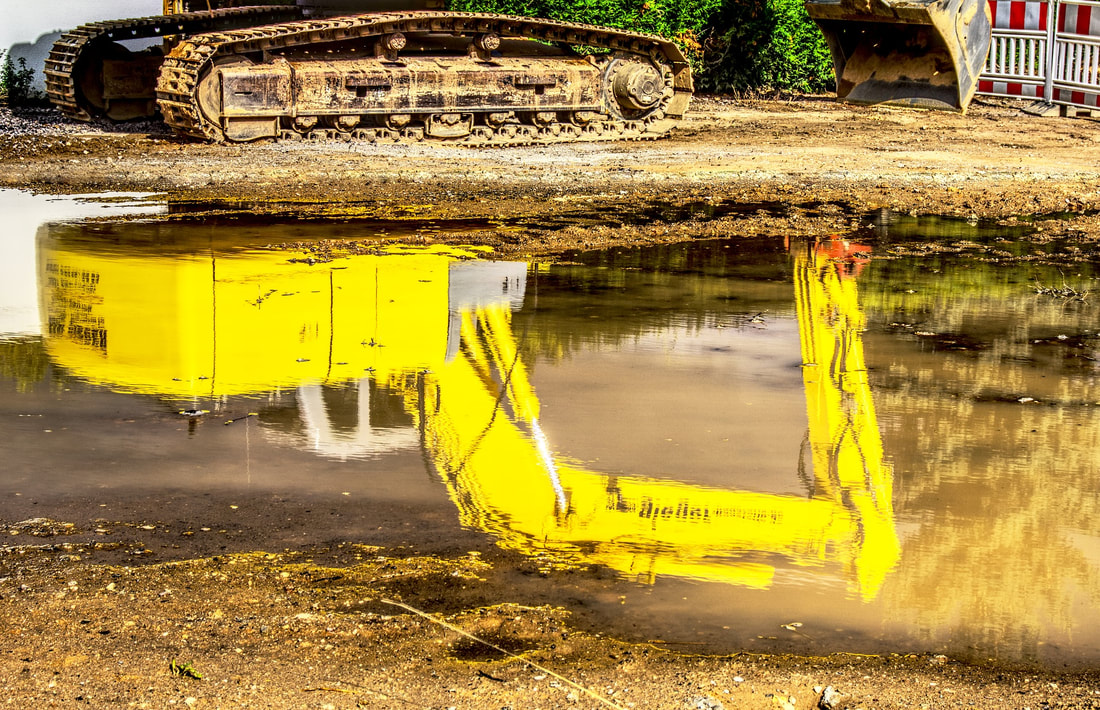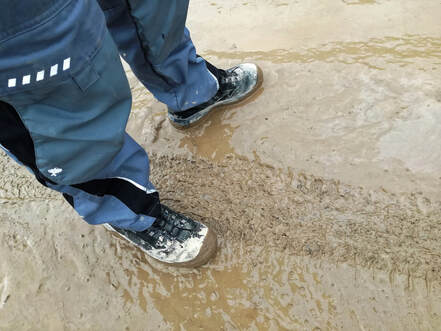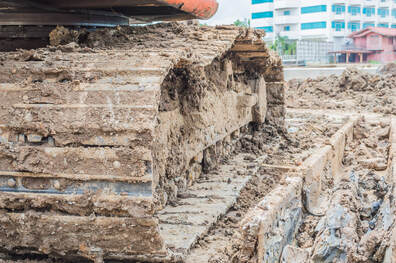|
Often construction projects are completed late and many contractors blame poor weather. Sure, inclement weather does delay projects, but can contractors mitigate the impact of the poor weather, or even avoid the worst impacts? Are contractors completely blameless when it comes to weather events? Now, I’m not talking about severe weather events like hurricanes, floods and tornedoes, which no amount of preparation can protect construction projects from, rather I’m talking about the normal seasonal weather. Should contractors have allowed for the normal rains, heat and cold that could impact their project before it’s completed? Contractors are an eternally optimistic bunch and never seem to allow for any weather-related impacts on their construction projects. But, is it reasonable to expect to work on a twelve-month long project and think you won’t encounter rain, winds, summer, and winter, at some stage in the course of your project? Contractors often put the blame on clients for their unreasonable project schedules and say it’s impossible to allow additional time for delays caused by rain – rain which is average and will almost certainly occur! Well that’s professional suicide if you knowingly accept a project construction schedule which doesn’t allow for the normal expected weather conditions which can be expected at that time and in that location. But some contractors make their life even harder by not taking even basic precautions to avoid weather delays. Is it possible to avoid, or mitigate, the impacts of some of the poor weather? Minimising weather disruptions on your construction project There are several measures contractors can take to mitigate delays caused by poor weather. Some of these should be implemented when pricing the project, others when preparing the construction schedule, and of course many measures need to be implemented and maintained during construction. These include some, or all, of the following:
Construction projects will experience poor weather so learn to deal with itWe can almost guarantee that most construction projects will be impacted by inclement weather. In many cases this shouldn’t be an excuse for delays. We can prevent, or at least mitigate, many of the delays by understanding the weather patterns in the area and allowing for these expected weather disruptions in our construction schedule. Proper planning can also mean that weather dependent activities are scheduled for times when better weather is expected. We should also implement mitigating measures to reduce the damage and return the project to full production as quickly as possible. Unfortunately, these days more projects are being interrupted by extreme weather events which couldn’t have been foreseen, and no amount of preparation could have avoided. Contractors shouldn’t be expected to shoulder the responsibility and risks of these extreme weather events, or weather that couldn’t have been reasonably expected on the project. Therefore, contractors should be cautious in accepting project contracts where they could be liable for delays caused by weather events beyond the norm. If the weather risks are too high learn to walk away from the project and don’t price the project. Although it may appear that weather impacts on construction projects are in the hands of the Gods, contractors still have some control over the damages they suffer and they are sometimes not entirely blameless for delays caused by poor weather. How has poor weather impacted your project? This article was first published on the ClockShark website. For construction and field service companies who want to get rid of paper time sheets, ClockShark is the GPS time tracking app that's both powerful and easy to use. Do you want to learn how to manage construction projects successfully?Paul Netscher has written several easy to read books for owners, contractors, construction managers, construction supervisors and foremen. They cover all aspects of construction management and are filled with tips and insights.
Visit to read more. The books are available in paper and ebook from most online stores including Amazon. © 2019 This article is not to be reproduced for commercial purposes without written permission from the author. construction management construction project management
2 Comments
23/10/2020 02:14:17 am
Thank you for this important information that you share...
Reply
9/9/2021 08:02:38 pm
If you have questions about keeping your roof in good condition, then talk to some local roofers or perhaps people at a building supply.
Reply
Leave a Reply. |
Archives
June 2024
Note: We welcome genuine comments, especially comments that add additional information to the subject matter in the article. We however reserve the right to remove inappropriate comments, which includes comments that have nothing to do with the subject, comments that include inappropriate language, and comments that are an advertisement for a product or company, or which include an advertising link. Comments must be in English. We will not enter into discussion on why a particular comment was removed.
CategoriesCopyright 2016 - The attached articles cannot be reproduced for commercial purposes without the consent of the author.
The opinions expressed in the attached articles are those of the writer. It should be noted that projects are varied and different laws and restrictions apply which depend on the location of the contractor and the project. It's important that the reader uses the supplied information taking cognisance of their particular circumstances. The writer assumes no responsibility or liability for any loss of any kind arising from the reader using the information or advice contained herein. "I have what I consider some of the best books on construction management."
Books are available from: Amazon.com Amazon.co.uk takealot.com kalahari.com Amazon.in Amazon.de Amazon.fr Amazon.it Amazon.com.au Powell's Fishpond uread bokus Amazon.ca Amazon.es Other retail stores Available in paperback or on Kindle "28 YEARS OF CONSTRUCTION PROJECT MANAGEMENT EXPERIENCE, DEVELOPING SUCCESSFUL CONSTRUCTION PROJECT MANAGERS AND BUILDING SUCCESSFUL CONSTRUCTION COMPANIES"
|







 RSS Feed
RSS Feed




